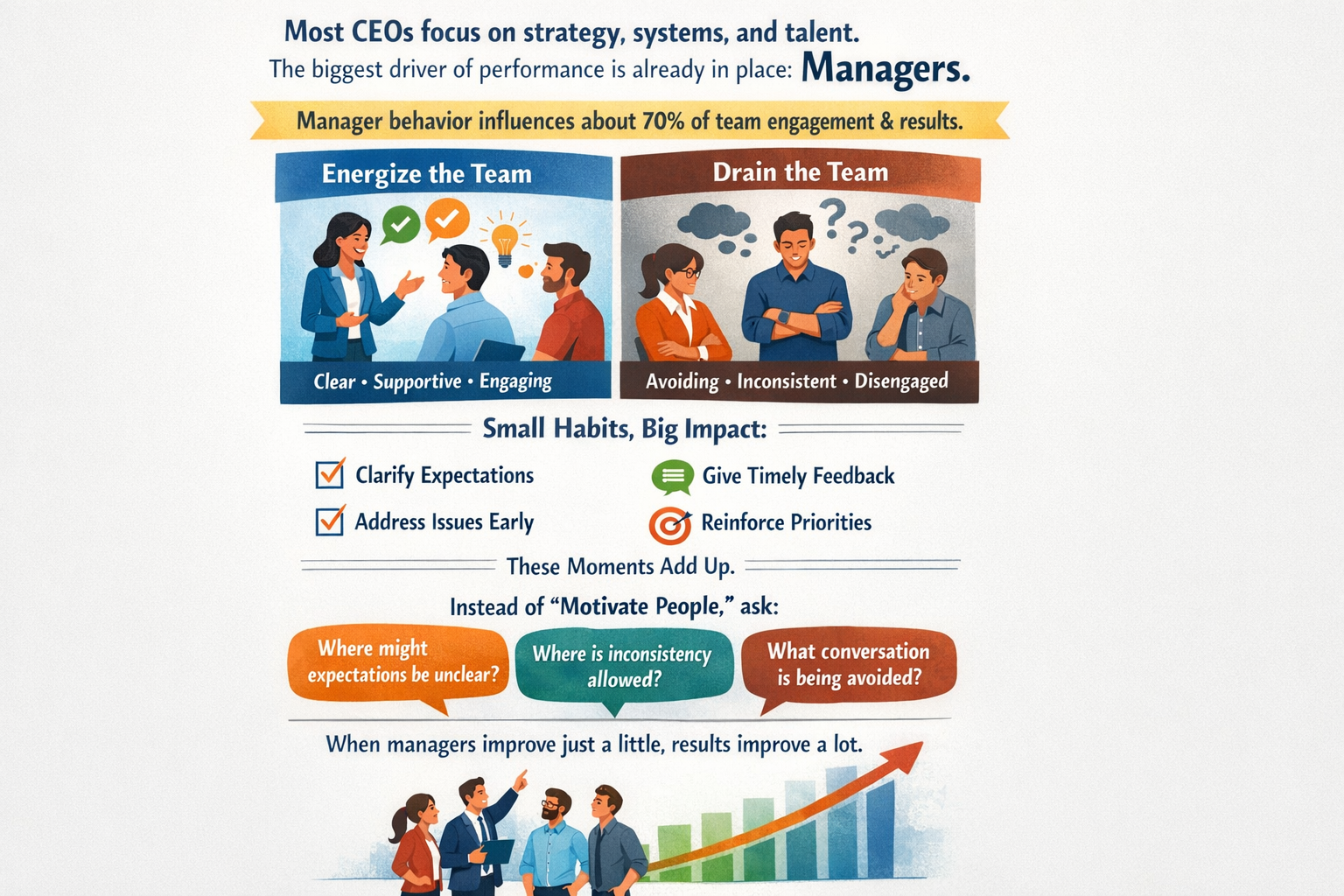One-on-one Feedback Spurs Performance Excellence

Quality one-on-one feedback plays a crucial role in boosting employee engagement and highlighting career growth opportunities within an organization.
Regular, personalized interactions between managers and employees foster open communication and trust. When managers praise specific incidences of good performance, the employee knows the manager is paying attention to them and values their work.
Employees that receive adequate recognition are four time likelier to be engaged, and in turn are more productive.
One-on-ones also provide a setting for employees to share constructive feedback tailored to the employees’ strengths and areas for improvement, making them feel valued and supported.
As managers provide clear guidance and set achievable goals, employees gain a better understanding of their roles and the steps needed for career advancement. Such feedback sessions also enable managers to recognize employees' aspirations and align their growth paths with organizational goals. When managers take time for these conversations, employees are 5 times likelier to see the potential for a quality future within the company.
Ultimately, these one-on-one sessions create a positive work environment, reduce turnover, and enhance overall productivity by ensuring that employees feel heard, appreciated, and guided in their professional journeys.


